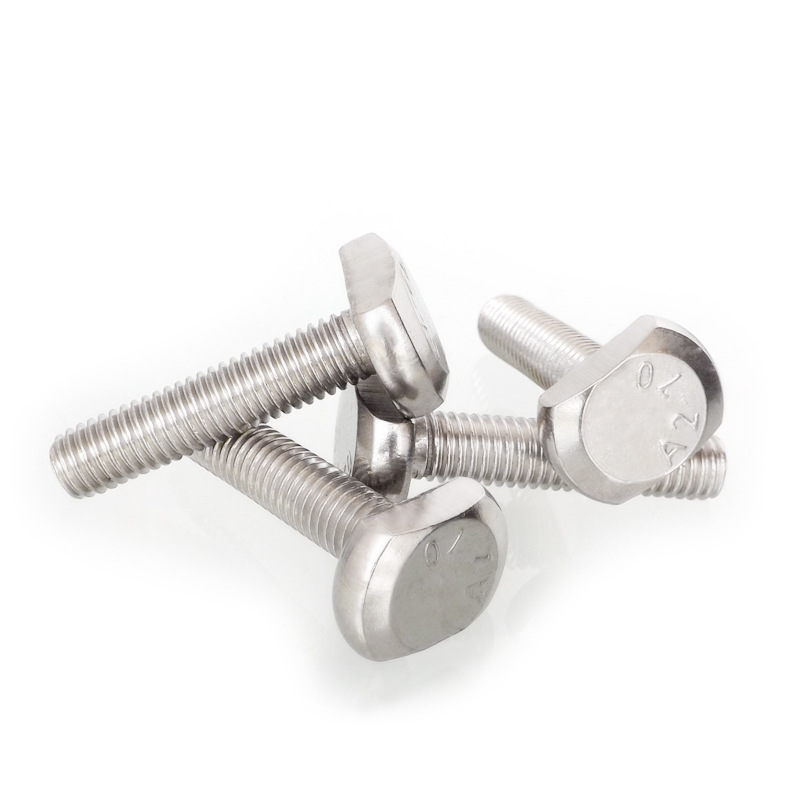

thin stainless washers
Nov . 02, 2024 14:27 Back to list
thin stainless washers
The Importance of Thin Stainless Washers in Modern Applications
In the world of engineering and manufacturing, even the smallest components can significantly impact the performance and longevity of a product. One such component that often goes overlooked is the thin stainless washer. These seemingly inconsequential pieces of hardware play a critical role in a variety of applications, from construction to automotive engineering.
Thin stainless washers are circular pieces of metal, typically made from stainless steel, which serve several crucial functions. They are predominantly used to distribute load, reduce friction, and prevent damage to surfaces during the tightening of screws and bolts. Their thin profile allows them to fit in tight spaces where traditional, thicker washers might not be suitable. This property makes them especially valuable in applications where minimizing weight and volume is just as important as maximizing strength and durability.
One of the primary benefits of using stainless steel for washers is its inherent resistance to corrosion. In environments subjected to moisture, chemicals, or extreme temperatures, stainless steel washers maintain their integrity better than their counterparts made from carbon steel or other materials. This resistance ensures that the washers continue to perform effectively over time, providing a reliable solution for both indoor and outdoor applications.
The versatility of thin stainless washers extends to various industries. In the automotive sector, these washers are commonly found in engines, transmissions, and suspension systems, where they help to secure components and reduce wear caused by vibration. In construction and infrastructure projects, they are used in bolted connections, assisting in stabilizing structures and ensuring safety. Additionally, the aerospace industry relies heavily on these washers, as they contribute to the reliability and safety of aircraft components designed to withstand rigorous operating conditions.
thin stainless washers

Another significant advantage of thin stainless washers is their ease of installation
. Their lightweight and flexible design allow for quicker assembly times and reduce the manual labor required during installation. Many manufacturers produce these washers in bulk, enabling companies to maintain a steady supply for production lines, which is particularly important in high-demand environments.Despite their small size, the production of thin stainless washers involves precise engineering. The manufacturing process typically includes stamping or machining, followed by surface treatments to enhance performance characteristics. Proper attention to detail during production ensures that these washers meet stringent standards for quality and reliability.
Moreover, the sustainability factor cannot be overlooked. Stainless steel is often recyclable, allowing for a reduced environmental impact. Companies that prioritize green practices benefit from incorporating recycled materials into their products, including thin stainless washers, without sacrificing quality.
In summary, thin stainless washers may seem like simple components, but their importance in various industries cannot be understated. They provide essential support in a wide range of applications, contributing to the overall functionality and safety of products. With their corrosion resistance, ease of installation, and sustainability credentials, thin stainless washers are a testament to how small components can make a significant difference in engineering and design. As technology continues to advance, the demand for such reliable, efficient hardware solutions is likely to grow, further cementing the role of thin stainless washers in modern engineering.
Latest news
-
Hot Dip Galvanized Bolts-About LongZe|High Strength, Corrosion Resistance
NewsJul.30,2025
-
High-Strength Hot Dip Galvanized Bolts - Hebei Longze | Corrosion Resistance, Customization
NewsJul.30,2025
-
Hot Dip Galvanized Bolts-Hebei Longze|Corrosion Resistance&High Strength
NewsJul.30,2025
-
High-Strength Hot-Dip Galvanized Bolts-Hebei Longze|Corrosion Resistance&High Strength
NewsJul.30,2025
-
Hot Dip Galvanized Bolts-Hebei Longze|Corrosion Resistance&High Strength
NewsJul.30,2025
-
Hot Dip Galvanized Bolts - Hebei Longze | Corrosion Resistance, High Strength
NewsJul.30,2025

